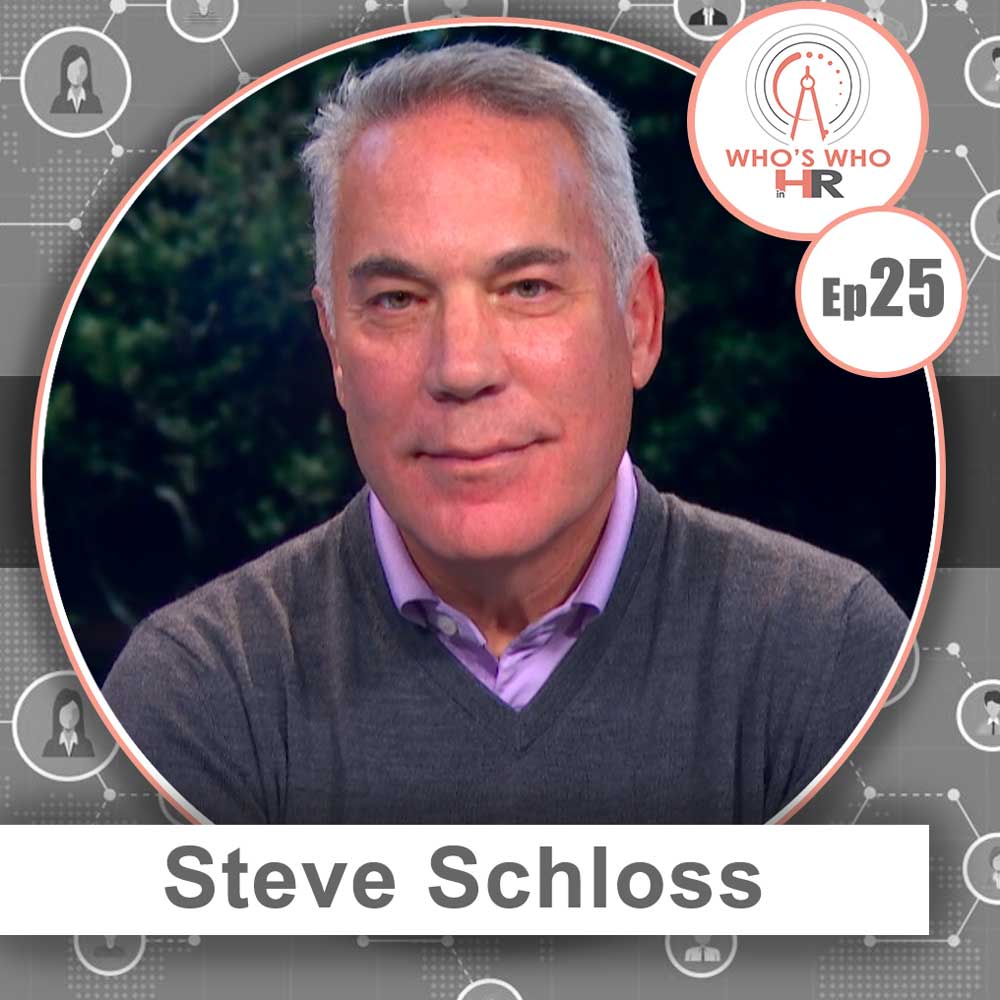Steve Schloss is the Chief People Officer at the United States Golf Association.
Steve is an accomplished executive leader, chief people officer, board member, advisor, coach, educator, and mentor.
He brings over three and a half decades of knowledge and insight having built, scaled, evolved and transformed diverse global organizations in financial services, media, non-profit, sports, and high-growth technology.
His experience transcends a wide range of culture and business scenarios that have honed his contextual and leadership agility and his foundation as an adaptive and values-driven leader for today’s VUCA environment. Steve is currently Chief People Officer for the United States Golf Association, who champion and advance the game through professional and amateur championships, governance, and services and innovation to facilities and golfers in over forty countries. He has been leading this 125-year old organization through an intentional transformation of work, workforce and workplace aligned with their mission and values as this 600-year old game evolves in the 21st century.
More from Steve…
Steve also does some additional work as a coach. He says coaching is extremely valuable to both individuals and organizations.
But he notes that the way coaching is perceived and carried out has changed over time.
“I would say that coaching as a practice in an industry has evolved in ways that I think recognize a couple of things. One is we’re kind of beginning to see the democratization of coaching.
There are platforms like Go Coach, that make the idea of coaching available and scalable for everyone in the new world. And while I can’t speak to the overall efficacy of what it is that happens on the platform, the fact is it becomes available to more people at a more reasonable price point for companies to invest in. So I think the availability of the process is helpful.
But why is it even there? I think part of it is the rate, the pace, the demands of change the generational transitions of leadership that are happening around us, and the need for help as these leaders in the new way of business are navigating the challenges. And so I think the dependence generationally has shifted such where the need for help and the availability of help is more expected than it might have been sought after for the generation before. Even coaching for some people might be a bit of a crutch. I think it’s something that has grown because of that.
And at the same time, coaching as a behavior for leaders, has grown concurrently and exponentially, I think because the two concepts have merged together.
And I’d say the last thing, which is something that I’m a big believer in, Tom Friedman wrote a great book called, “Thank You for Being Late.” And the book is based on the notion that there’s this rapid acceleration of change, and this exponential increase in computing power, and our ability to keep up and cope with the gap that’s occurring, because humans can’t possibly keep up with the change that’s surrounding them. And so that, that creates all of this angst and anxiety and how do we, as leaders, as examples, deal with that, and where part of it is coaching, ideally, should help someone become more agile as they manage to the changes going forward. And so I see that kind of environment happening around us and people needing help to help them figure things out.”









